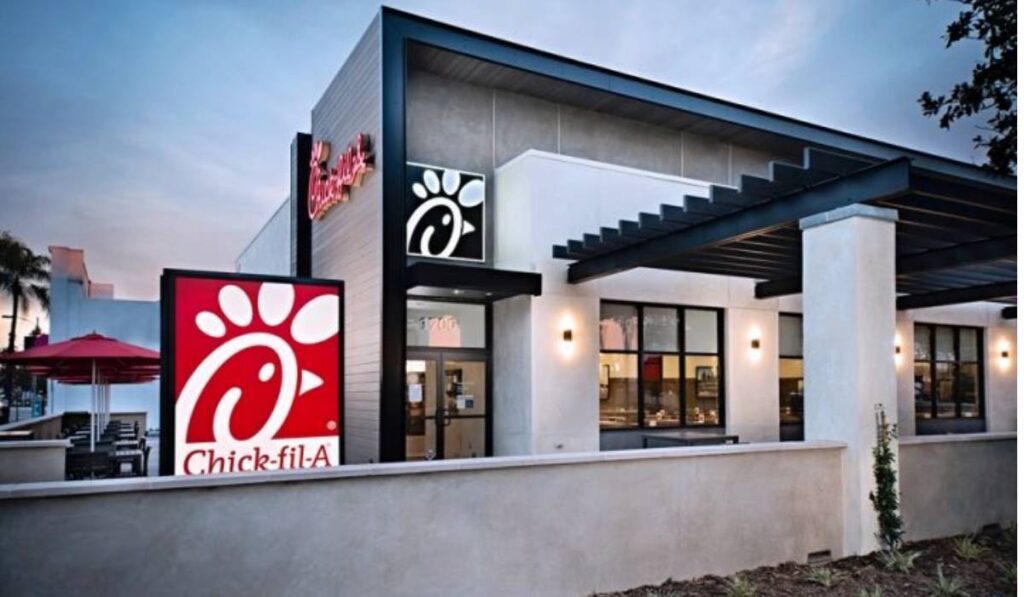
New York lawmakers are thinking about making laws that would make sure certain Chick-fil-A locations stay open through the week.
The law directly challenges the company’s personal attendance and operations standards. It has the chain closed nationwide on Sundays, a nod of support for the religious employees. Here’s the dish.
What Exactly Is This Law?
The current proposition would require food-service businesses located in transport areas and facilities in the New York State Thruway to remain open seven days a week.
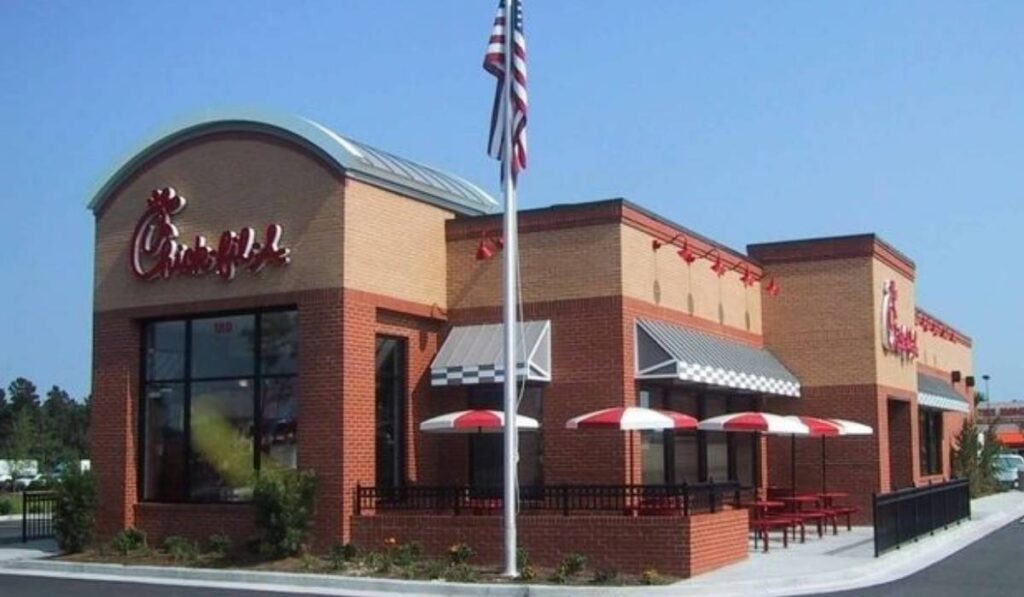
It is a move that will greatly benefit Chic-fil-A as it could significantly boost their profits. Why? Because the Thruway spans about 500 miles, from New York to Buffalo.
Who Suggested This Change?

This change was suggested by Democrat Assemblyman Tony Simone, whose current jurisdiction cuts across Chelsea, Manhattan, and the theater district. Following the legislation’s formal proposal, it will go under review before it becomes law.
ALSO READ: This Mortgage Overpayment Hack Can Cut Your Interest by Thousands
Is The Proposed Law Specific To Chick-fil-A?
Chick-fil-A will feel the effects of the law especially due to its unique operation standards. However, this law is not specific to Chick-fil-A.
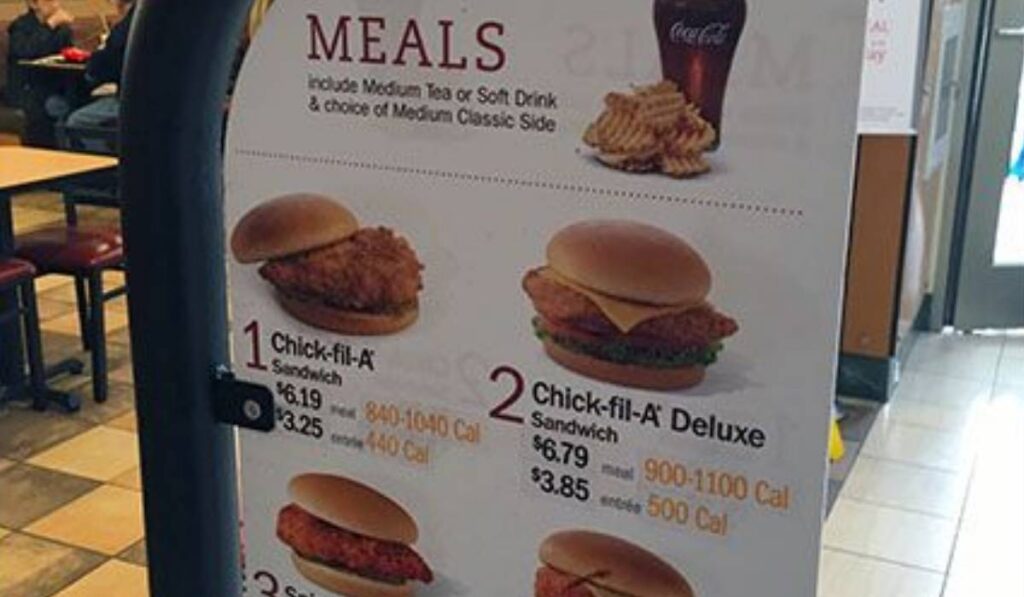
Rather, it’s a law that applies to all food concession services along the Thruway, regardless of their nationwide standards.
Are There Exceptions to The Rule?
There is no doubt all food-service businesses will have to take part. But there are some exceptions to the rule: Temporary concession or event-based food spots.
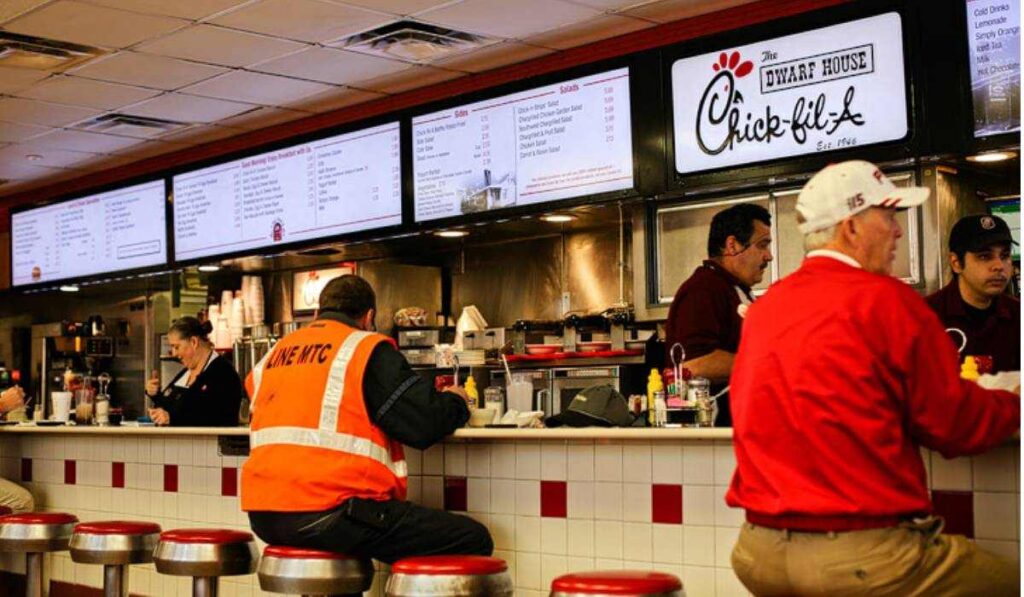
These are transient spots that don’t have a permanent storefront, such as local vendors, flea markets, farmer’s markets, and food stands of all types.
Why Create Such A Law?
If passed, this law could call the entire foundation of Chick-fil-A’s operating calendar into question. It makes one wonder why such a law exists at all.
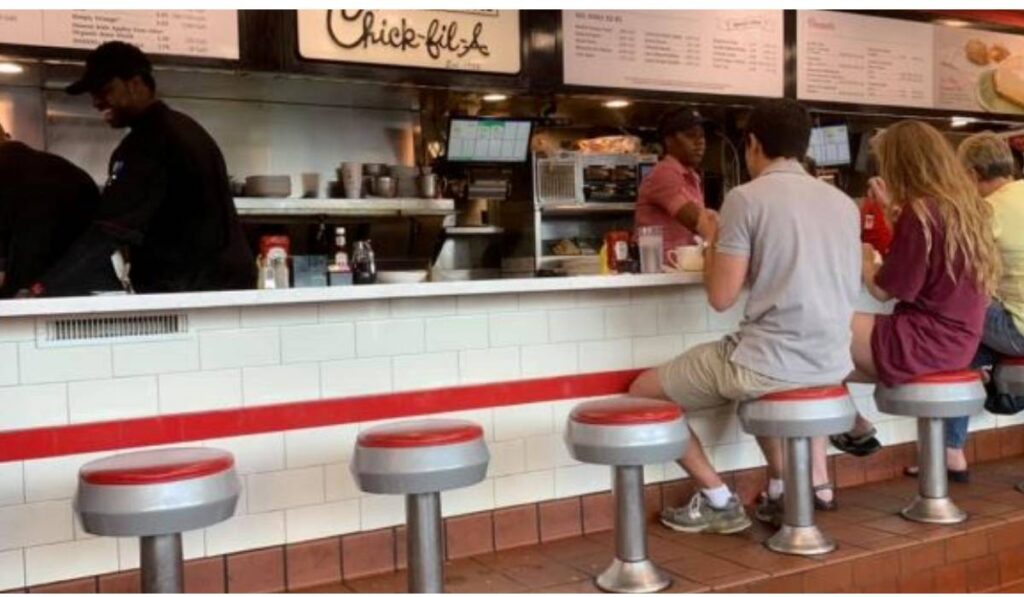
The letter’s declared purpose is to protect New York State transport center access to reliable food sources, benefitting both tourists and local drivers.
How Does the Bill Fair Against the Business’ Right to Choose its Own Rules?
Generally speaking, entities reserve the right to create their own operational standards so long as they comply with safety and legal regulations.

The bill notes this, stating that there’s “nothing objectionable” about a restaurant dictating its own hours. However, the bill goes on to state that public areas should benefit the public primarily — stating the chain’s closure as a disservice to the community.
POLL—Should the Government Implement Stricter Penalties To Combat Retail Theft?
Where Else The Law Could Apply
With the way the current legislation is written, the law may extend to certain areas of New Jersey, as well as the Port Authority of New York.

Similar laws already exist in New Jersey for the benefit of employees on shift, tourists, and local citizens traveling. It works actively to guarantee food availability to people in these categories.
Supporters Of The Closure Laws?
These laws have been supported by Assemblypeople Jessica Gonzalez-Rojas, Anna Kelles, and Mary Jane Shimsky.

This is along with the original sponsorship from Tony Simone. Senator Michelle Hinchey (D-NY) is supporting the closure laws at the Senate level.
What Tony Simone Said
When asked about what prompted the Assemblyman to submit the bill for review, Tony Simone pointed out how previous Chick-fil-A closures “made no sense.”

“It makes no sense for restaurants at rest stops to be closed on one of the busiest travel days of the week, but Chick-fil-A has been allowed to limit their service;” he said
Chick-fil-A Sets Closure Standards for National Chains
Before the general cultural tone became more pro-employee, Chick-fil-A used to enforce strict closure standards to give opportunities to rest, seek family time, and worship if they wanted.

Founder Truett Cathy started the early closure trend back in 1946 with the chain’s start in Hapeville, Georgia.
ALSO READ: Why Are Huge Retailers Removing Self-Checkouts From Their Stores?
What Happens If The Bill Is Passed?
If the new law is passed, there are three primary stakeholders that can be affected: Chick-fil-A corporate staff/the entity, operational-level employees, and customers.
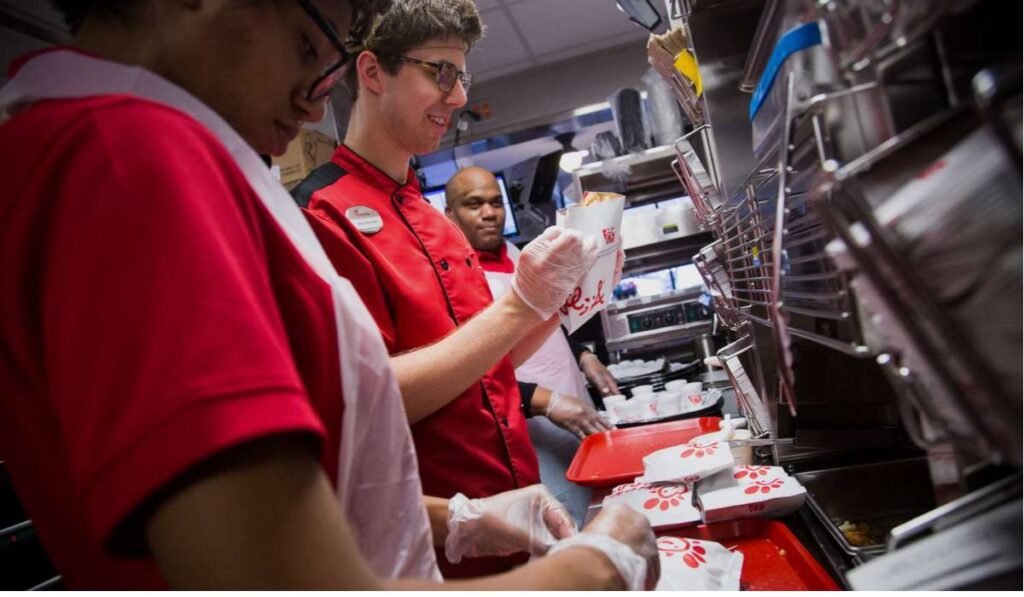
Customers will enjoy more food access and perhaps even experience higher satisfaction. Corporations as an entity can profit more, and employees at the store level can enjoy longer hours and additional profits.
About Passing A Law
Before it is officially law, a proposal must pass in the House. After it does, it goes to the Senate for consideration.

This includes consideration by a Senate committee or subcommittee, similar to the path of a bill in the House. A bill must pass both bodies in the same form before it can be presented to the President, who signs it into law.
You Might Also Like:
DHS Blasts Republicans’ Impeachment Charges Against Mayorkas
This Mortgage Overpayment Hack Can Cut Your Interest by Thousands
Why Are Huge Retailers Removing Self-Checkouts From Their Stores?
California Governor Hails Democrats, Says They Have Stepped Up Their Game
